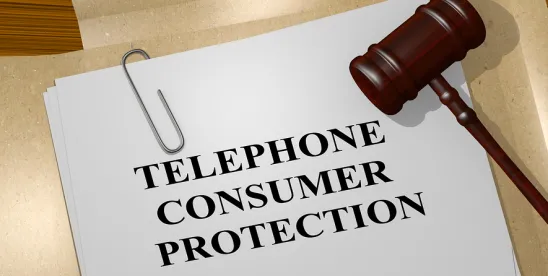Well here’s something you don’t like to see. A Plaintiff files a patently insufficient certification motion—lacking even basic evidence on the issue of numerosity—but is awarded both another bite at the apple and a little free guidance from the Court as to how to get the case certified. No bueno.
The case is Molinari v. Fin. Asset Mgmt. Sys., No. 18 C 1526, 2020 U.S. Dist. LEXIS 134045 (N.D. Ill. July 29, 2020) and the alleged facts are pretty grim. Specifically, the Plaintiff contends the defendant collection company routinely obtained skip traced phone numbers for debtors and loaded them into an autodialer for collection efforts. That sort of thing can get you in a lot of trouble.
Despite the seemingly great case, Plaintiff simply could not surmount the procedural hurdles needed to obtain certification under rule 23. Indeed, the Court found the Plaintiff flat failed to introduce any admissible evidence on the issue of numerosity–a crucial (and basic) Rule 23 requirement for a party seeking certification. While Plaintiff argued, in essence, “come on, we know they did this all the time” the motion seeking certification contained no evidence to that effect—just assertions and allegations.
Similarly, on the issue of commonality the Court noted that the Plaintiff just seemed to assume that common issues existed, without lifting a finger to actually identify them or provide evidence supporting the availability of common findings critical to the outcome of the case.
These sorts of failings are actually fairly common in TCPA class actions—these cases are not properly certified in most instances—but what comes next is very uncommon. Rather than deny certification and dismiss the claims of unnamed class members, the Court specifically determined the certification denial was without prejudice. What is more, the Court specifically aided the Plaintiff by identifying the evidentiary deficiencies in the original motion, to wit—the need for evidence on numerosity, adequacy of counsel and commonality.
To put a fine point on it, the Court very specifically addressed the required showing Plaintiff must make on commonality in his next go round: “he should ensure that he ‘connect[s] the common evidence’ he proposes to use for each proposed class ‘to the elements required to make a prima facie showing for each cause of action’ that he wishes to pursue on behalf of that class.”
Gees. That’s quite the hint. Usually putative class counsel has to figure that sort of thing out for him/herself.
In any event what should have been a big victory for the Defense appears to be a mere prelude for a potentially inevitable certification. We’ll keep an eye on this.




 />i
/>i
